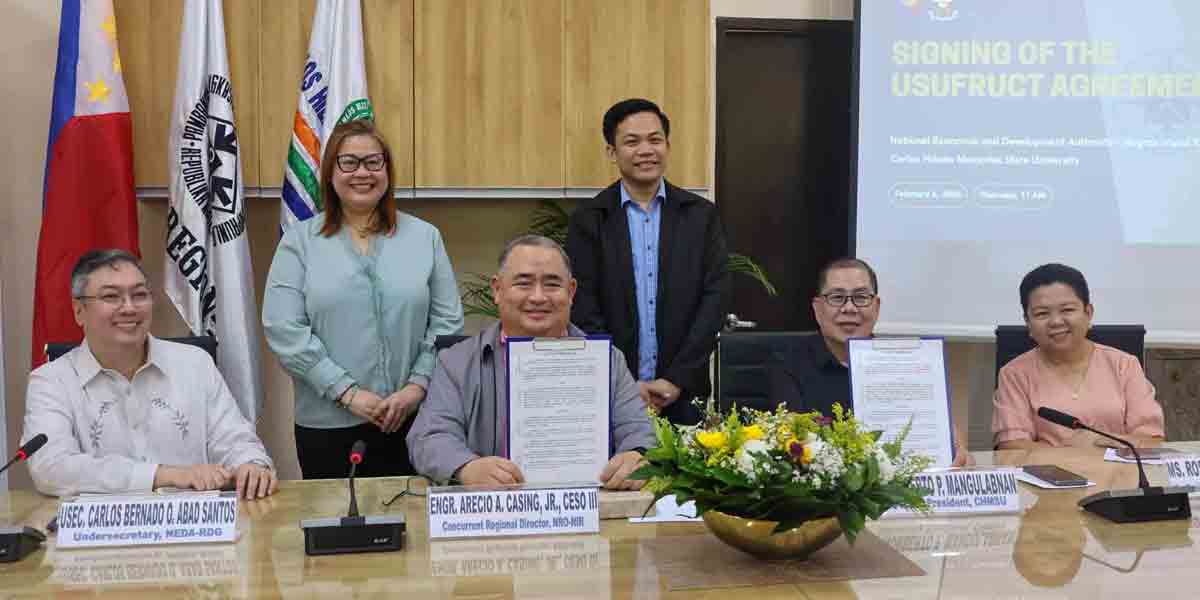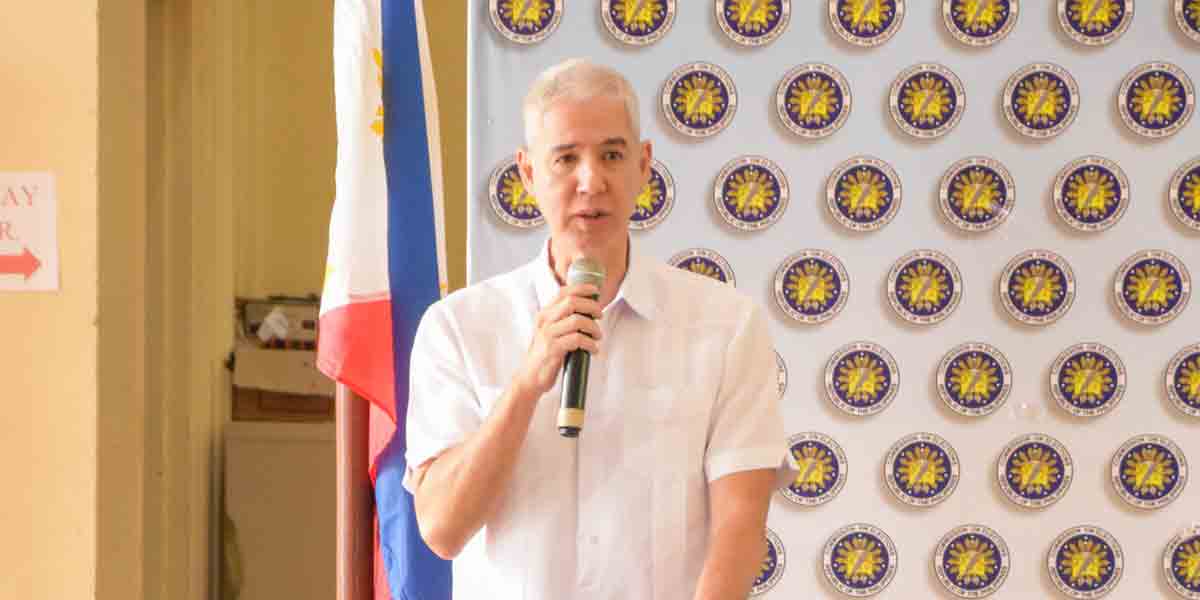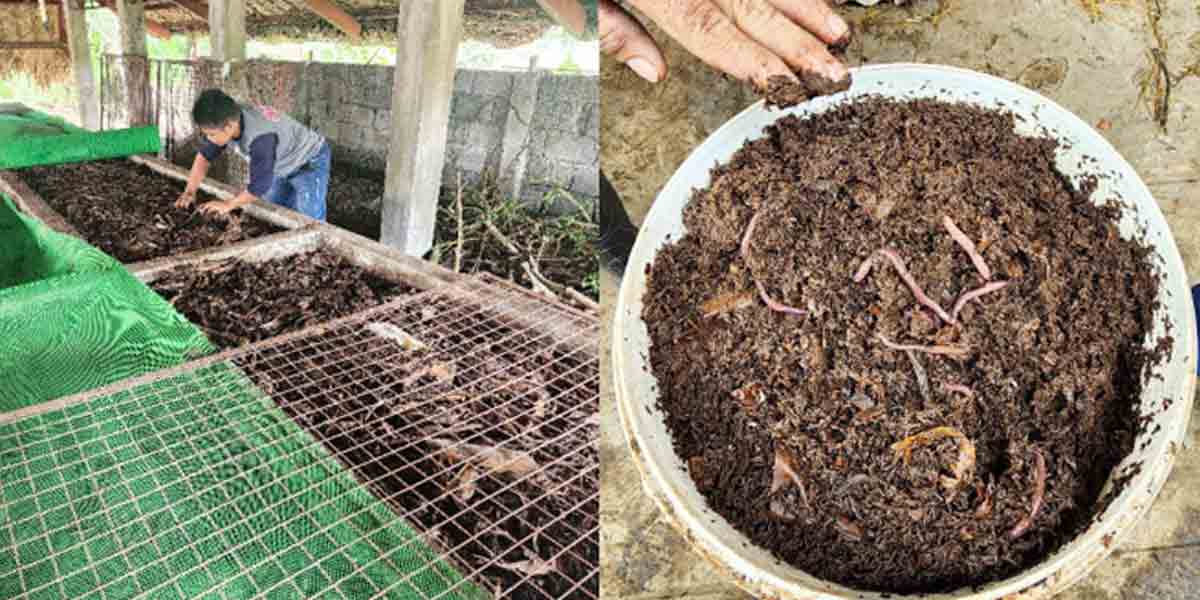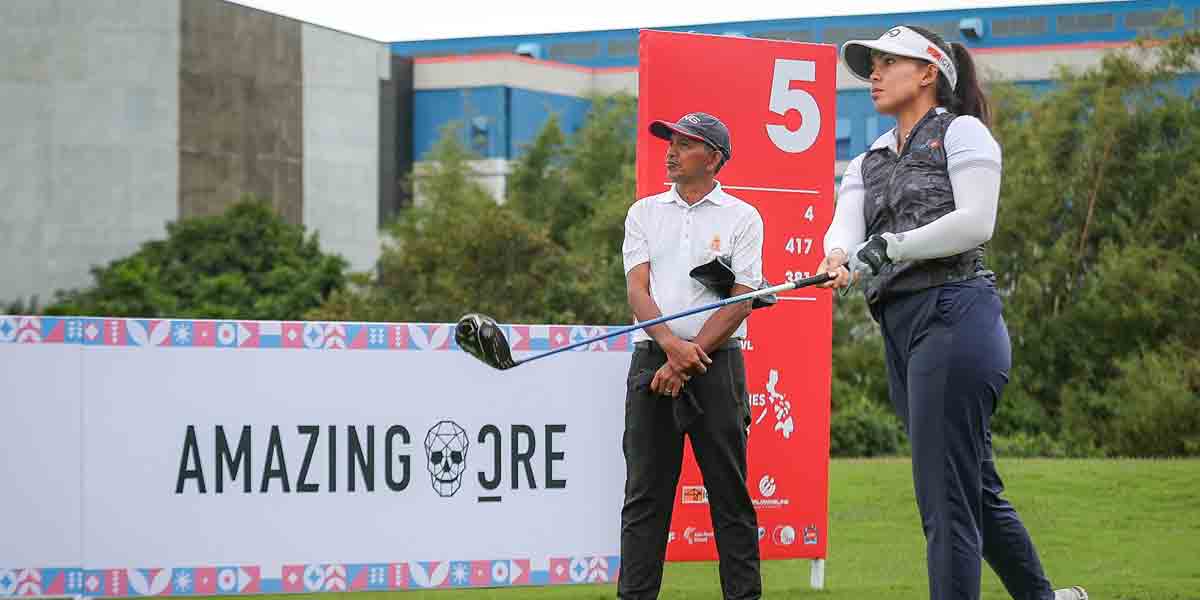By Francis Allan L. Angelo
The Board of Investments (BOI), in collaboration with the Department of Agriculture (DA), has secured ₱9.59 billion in investments for the Philippine agricultural sector.
These investments, endorsed by the DA as Tier II agri-based projects under the 2022 Strategic Investment Priority Plan and the CREATE Act, aim to bolster the country’s food security and agricultural resilience.
“We are transforming the agricultural sector in the Philippines,” said Trade Secretary and BOI Chairman Fred Pascual. “The synergy between the BOI and the DA is already yielding significant benefits as these projects will certainly drive the adoption of new technologies and enhance food security in the Philippines—ensuring the sustainability and resilience of our agricultural systems.”
One prominent project is Metro Pacific Dairy Farms, Inc.’s facility in Bay, Laguna. This integrated dairy farm and processing facility will produce over 9 million liters of dairy and plant-based beverages annually.
Utilizing Israeli-inspired dairy farming techniques, artificial intelligence, and state-of-the-art equipment supported by a solar power plant, the facility aims to quadruple the average local milking yield.
In San Rafael, Bulacan, Metro Pacific Fresh Farms, Inc. will produce 1,620 metric tons of vegetables annually. Partnering with Israel’s Innovative Agro-Industry, the project will leverage advanced technologies like the Nutrient Film Technique (NFT) to maximize productivity and minimize resource use.
SL Agritech Corporation is set to produce hybrid rice seeds and palay in Tabuk City, Kalinga, with an annual capacity of over 17,500,005 kilograms of hybrid rice seeds and 3,500,000 kilograms of palay. The initiative aims to help local farmers increase production and remain competitive against imports.
In Tagoloan, Misamis Oriental, Vifel Ice Plant and Cold Storage, Inc. will establish a storage facility with significant capacities for both cold and dry storage.
Additionally, Chick Haven, Inc. will operate a hatchery facility in Toril, Davao City, with an annual capacity of 18,247,680 eggs.
Resource-Based Industries Service (RBIS) Director Raquel Echague highlighted the economic impact of these projects, which are projected to generate thousands of jobs across various regions.
“Close coordination with lead agencies such as the DA greatly helps in promoting the growth of the agricultural sector as it improves understanding of the needs of the industry and the interventions that government should be providing,” Echague said.
From February 2 to June 11, 2024, the BOI approved six projects worth between ₱1 billion and ₱15 billion, totaling ₱13.38 billion, with agriculture leading at ₱6.05 billion.
These projects are part of the BOI’s strategy to position the Philippines as a hub for globally competitive, innovative, and sustainability-driven industries.
The BOI aims to promote high-tech agriculture, incorporating climate-smart technologies, artificial intelligence, and farm mechanization. The Philippines, with its strategic location and resources, is well-positioned to advance in this sector.

















